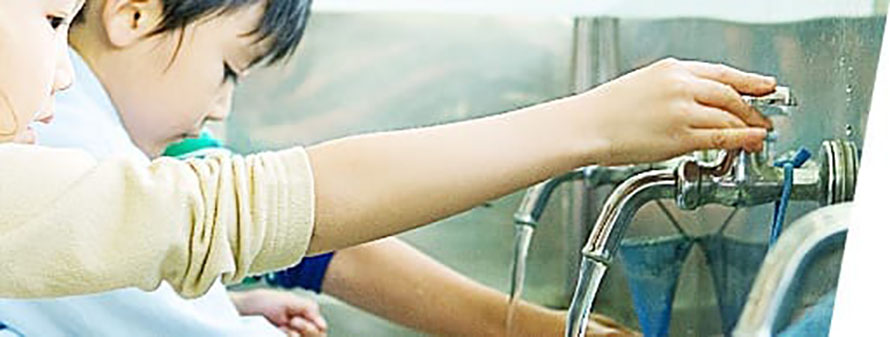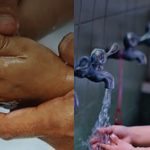A recent 2020 Philippines Handwashing Habits Survey* revealed that 99% of Filipinos washed their hands more in the last 6 months, but only 50% do the proper steps for a safe wash. Despite numerous campaigns from health authorities like the World Health Organization (WHO) and the Department of Health (DOH), some Filipinos continue to fall into the pits of the “puwede na” attitude even when it comes to handwashing.
The study identified that “washing quickly with soap and water” is the commonly observed practice among other people, and that 50% are guilty of unsafe handwashing habits like washing without soap, washing for less than 20 seconds, or even just using tissue.
In the health guidelines released by the DOH, safe handwashing is regarded as the first line of defense to prevent the spread of germs and viruses. #SafeWash includes the use of soap and running water and hand scrubbing with an adequate period of at least 20 seconds.
While these public health advisories remain to be rampant, the survey has uncovered that Filipinos’ bad hand hygiene habits die hard.

Filipinos Are Guilty of These Common Handwashing Mistakes Without Realizing It
These incidents of unsafe handwashing are said to be commonly observed at home with 40% of the respondents having at least seen someone they know practice improper handwashing.
The real problem with unsafe handwashing is that this habit is deep-rooted in every Filipino. At one point everyone is guilty of committing these poor practices: the quick washing of hands, spraying a small amount of water to the hands, mere wiping or rubbing of hands, and the use of tissue paper to clean hands.
Several researches have shown that handwashing habit is inherent in nature. It develops in the early life stages and becomes a habitual behavior as one ages, and this poses the risk that when one grows up with poor hand hygiene habits, it can be ingrained for a lifetime without realizing it.
Cross-contamination is the main consequence when people do not exercise a safe wash. Respiratory illnesses like the common cold and influenza, and nosocomial infections like E.coli and MRSA are caused by the spreading of germs and bacteria on the hands.
This lack of knowledge on safe wash practices was validated in the survey with an alarming number of less than 5% of the respondents who do not realize the key times when to wash hands. This includes — before eating, after coming from outside the house, after using the toilet, after eating, and after shaking someone’s hands, as only the first two key times were regarded as important by the respondents.

Filipinos Are Guilty of These Common Handwashing Mistakes Without Realizing It
These incidents of unsafe handwashing are said to be commonly observed at home with 40% of the respondents having at least seen someone they know practice improper handwashing.
The real problem with unsafe handwashing is that this habit is deep-rooted in every Filipino. At one point everyone is guilty of committing these poor practices: the quick washing of hands, spraying a small amount of water to the hands, mere wiping or rubbing of hands, and the use of tissue paper to clean hands.
Several researches have shown that handwashing habit is inherent in nature. It develops in the early life stages and becomes a habitual behavior as one ages, and this poses the risk that when one grows up with poor hand hygiene habits, it can be ingrained for a lifetime without realizing it.
Cross-contamination is the main consequence when people do not exercise a safe wash. Respiratory illnesses like the common cold and influenza, and nosocomial infections like E.coli and MRSA are caused by the spreading of germs and bacteria on the hands.
This lack of knowledge on safe wash practices was validated in the survey with an alarming number of less than 5% of the respondents who do not realize the key times when to wash hands. This includes — before eating, after coming from outside the house, after using the toilet, after eating, and after shaking someone’s hands, as only the first two key times were regarded as important by the respondents.
*The PH Handwashing Habits Survey was conducted by Brandworks Market Intelligence and Consulting with a sample size of 240 Filipino men and women, aged 18 to 50, based in Metro Manila from SEC ABCD. The study was a series of face -to-face interviews within the period of September 4 – 7, 2020.
![]()








